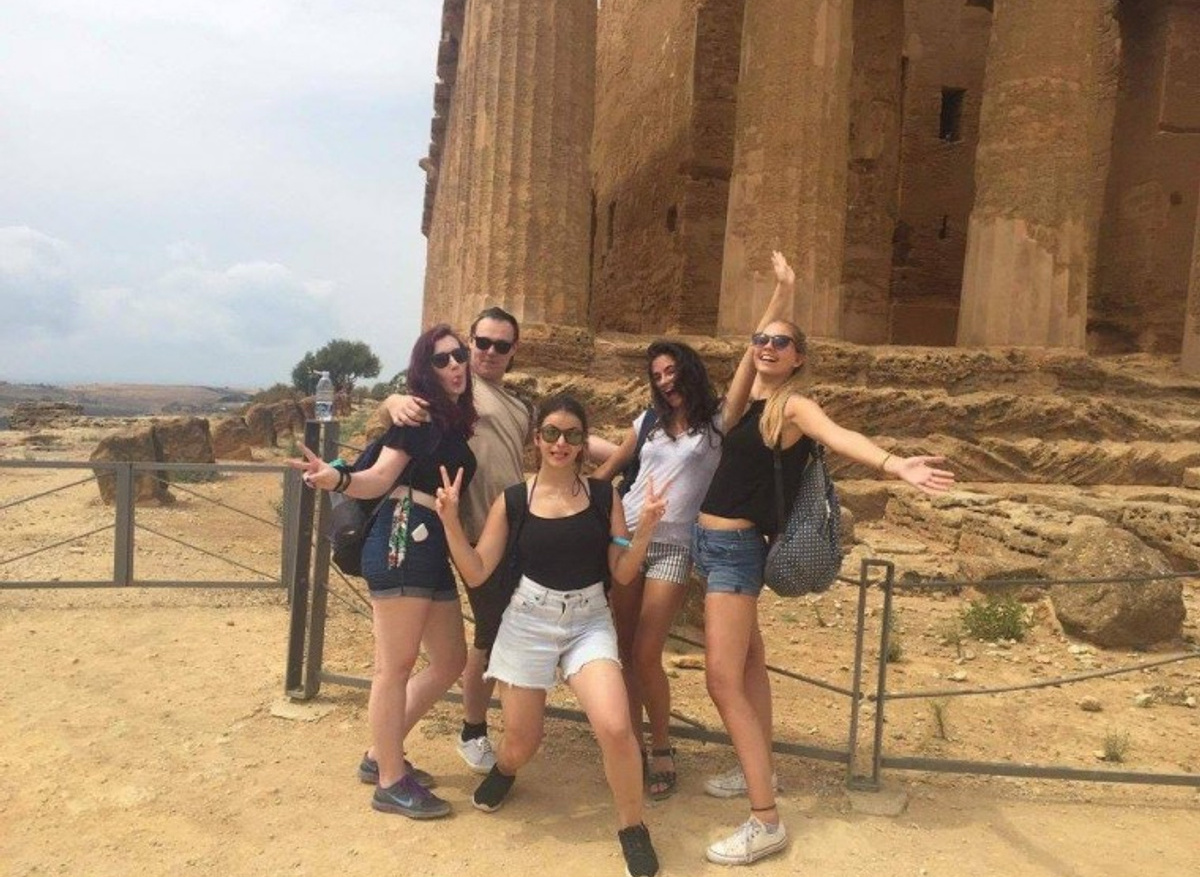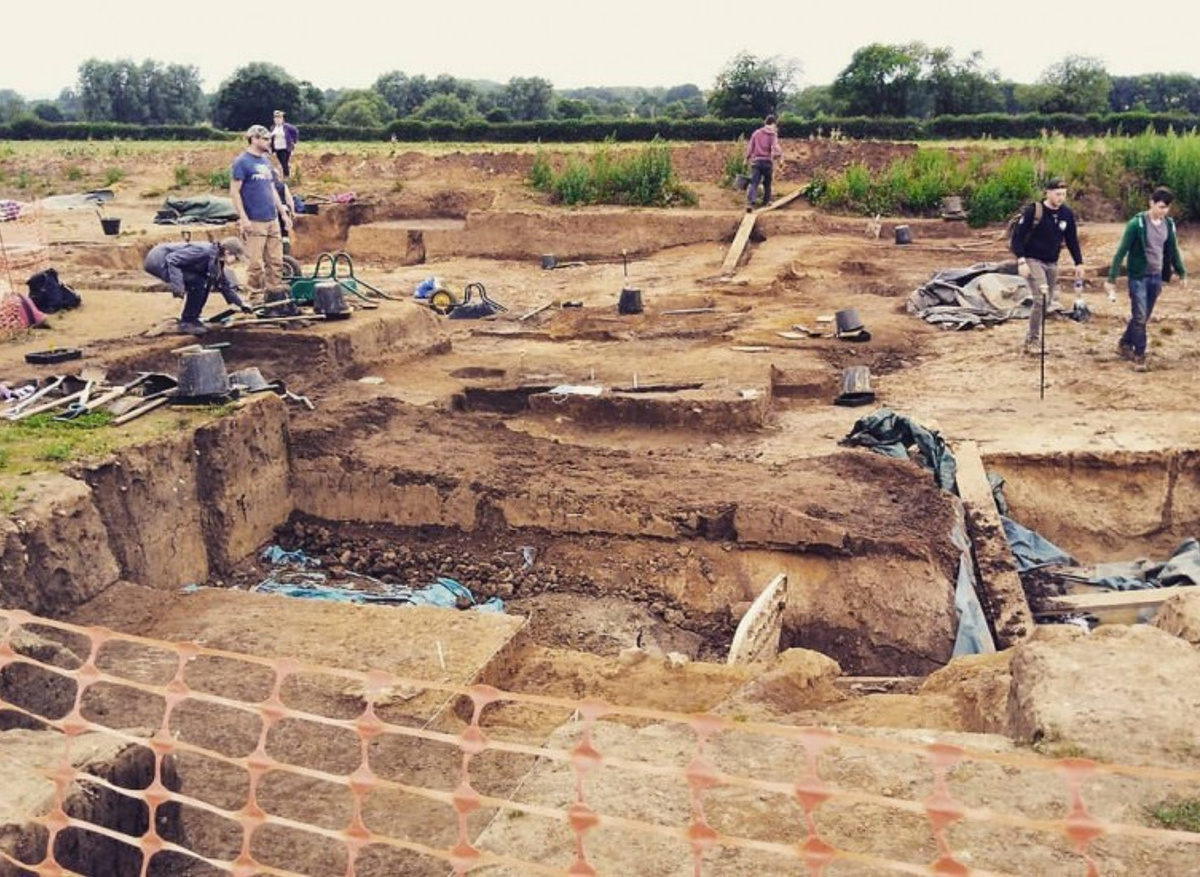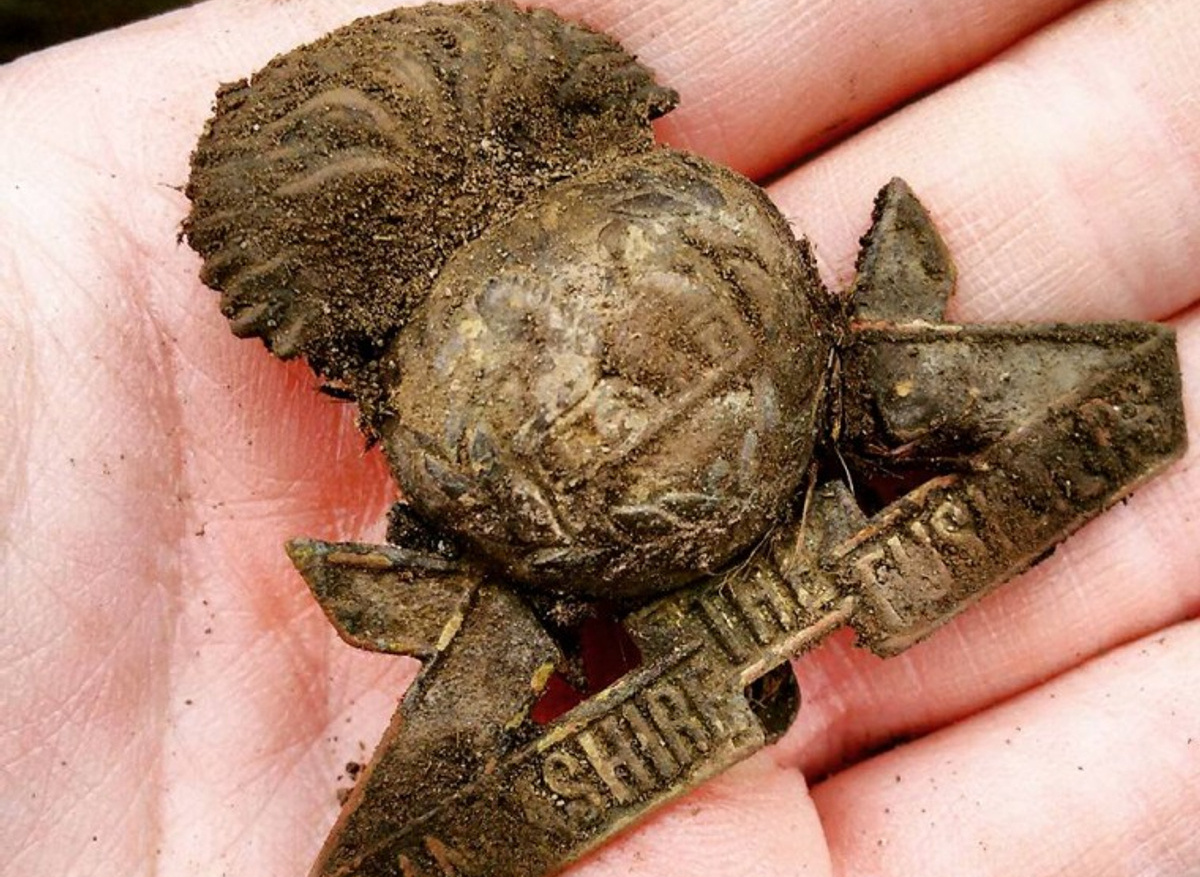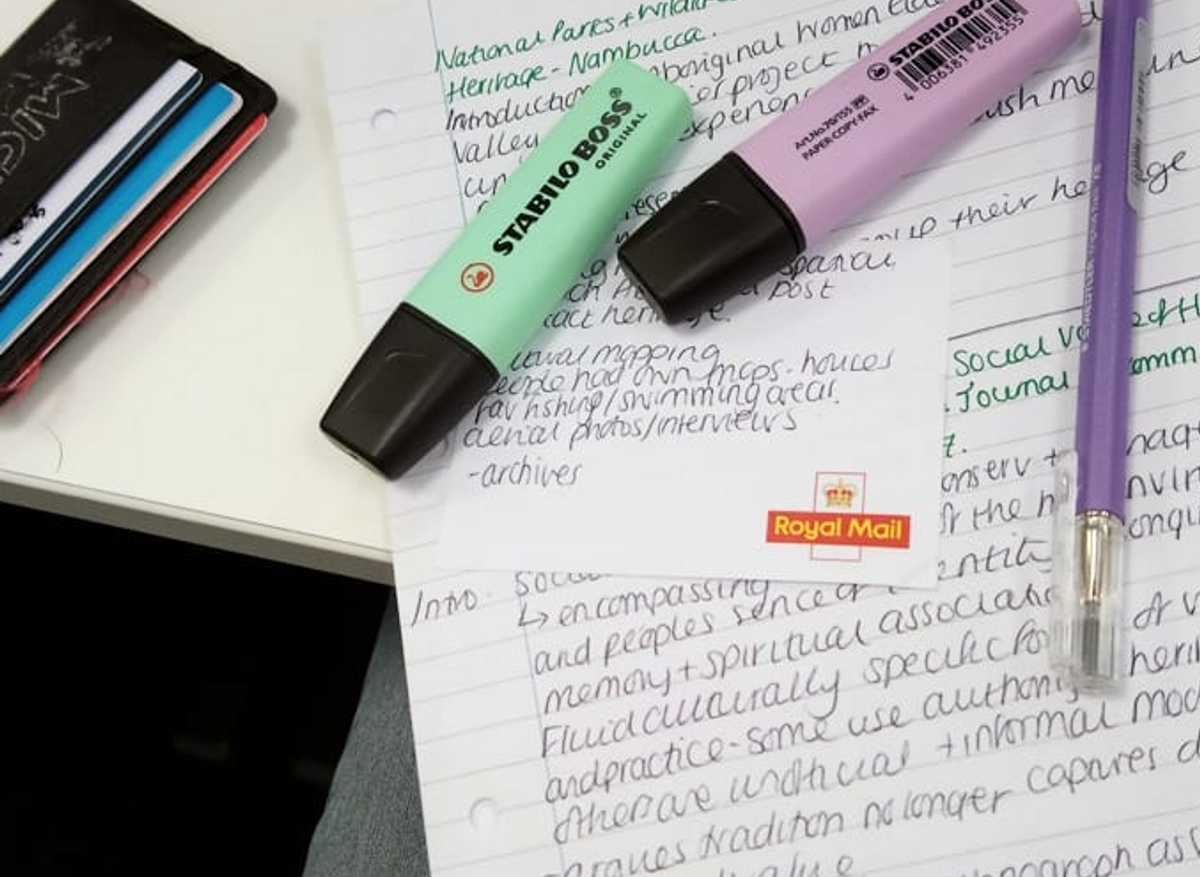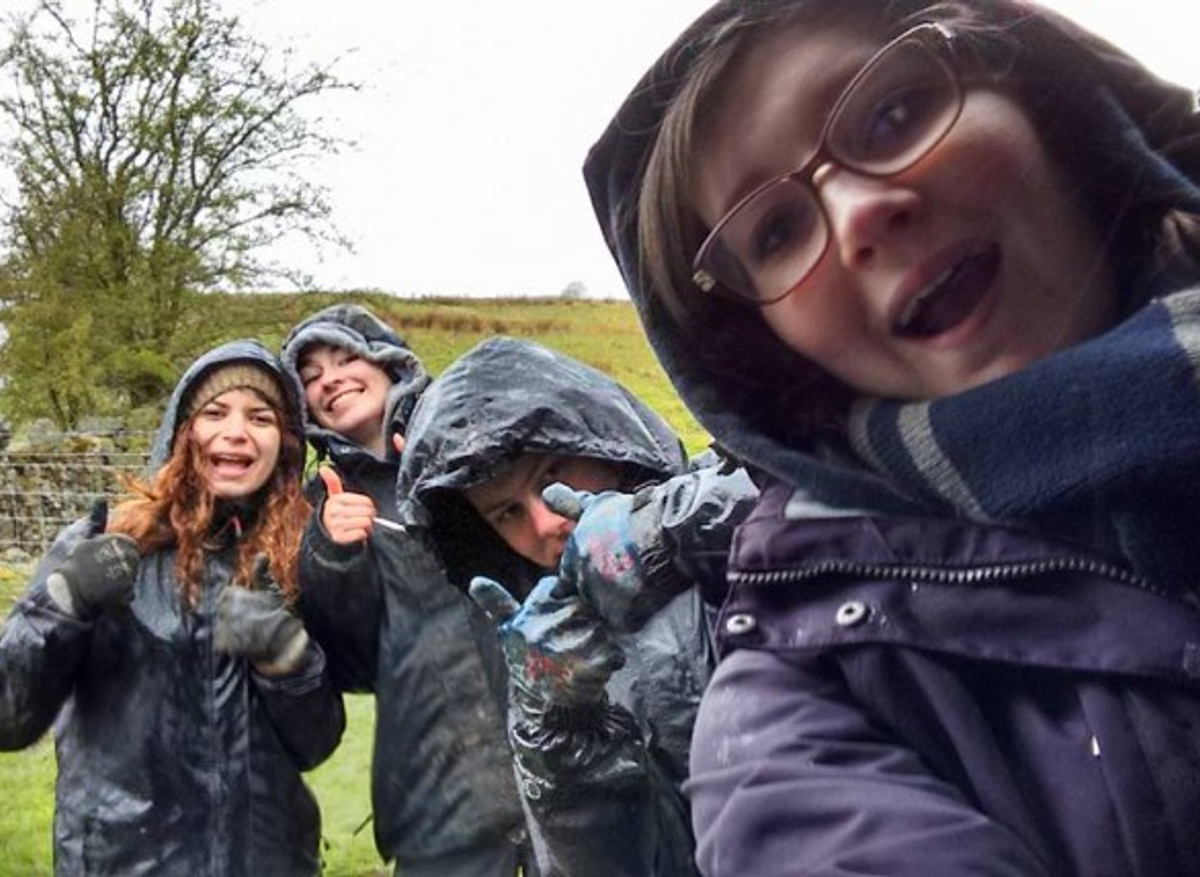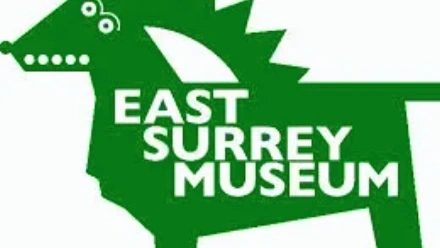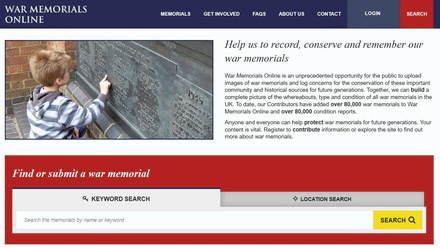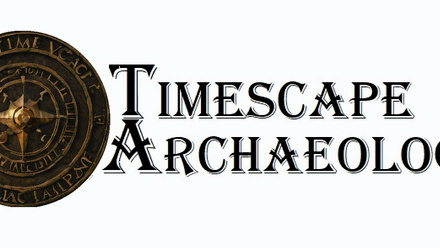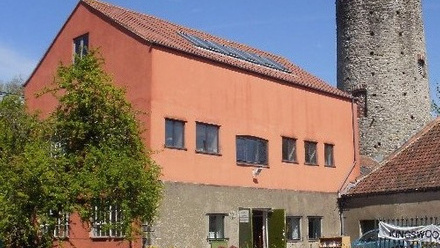I will be the first to admit I never knew I wanted to be an archaeologist. Like most, I was dragged to museums and castles for my holidays and now laugh with my mum at childhood stories. How I thought I could translate the Rosetta stone at age 5 and thought I was too cool to see the terracotta army at age 11. Learning history and then classics, only enhanced a growing fascination with the past's material culture that developed into searching for archaeology degrees.
My BA in Historical Archaeology was decided as I realised I loved the past too much to study anything else, plus failing biology and chemistry showed to my family I was bound for the humanities. York made me fall in love with its ecliptic mix of historic buildings that span several centuries. The archaeological field had everything I loved about history; the buildings, the people and the personal connections that are heightened and made tangible through the subject.
I will admit I struggled going from history A-Levels to an archaeology degree from the wealth of technical terms and limited guidance for writing your essays, compared to the spoon feeding of A-Level practice papers. This is the nature of any humanity degree were you are given free reign something I still struggle with, as curiosity takes over answering the actual question. Meaning I spent my first year glued to my dictionary and learning what sections of articles I actually had to read. My degree offered plenty of opportunities but I didn't believe the importance of experience in the industry, meaning I just worked on my studies and paying my bills.
Archaeological digs became a new pass time with course mates, all very different from each other, as I worked at the National Railway Museum to fund my studies. From Breary Banks in the snowy Yorkshire Dales, to sunny Sicily that had me mattocking up a mountain I have travelled far and wide to dig up pottery shards and trowel cobbles. I still try to go on a dig every few years, to any budding archaeologist try and go on a community dig or even a single day of digging once a year to gain that much needed experience.
Kings Manor is now my second home with my degree turning into a part-time MA in Cultural Heritage Management. The department is truly amazing holding regular lectures and YORHS seminars for tonnes of inspiration for case studies or current research opportunities. Having several socials and constantly circulating the latest opportunities. As a part-time student I am able to dedicate 3 days to my studies a week. Seminars cross over two days due to my modules and the other day is spent reading around the subject and preparing for the next seminar/presentation. Going straight from my undergraduate degree means I am still use to the heavy work load and the requirements based around my modules and their assignments. Breaking up my days into an allocated slots for 'work', 'reading' and 'presentation prep' are the only way I can manage my deadlines, reading lists, work and volunteering. I won't pretend this isn't intense, as I have spent many nights after work re-reading the final draft of my essay, only to beg my friend to proof read it a final time.
The rewards have outweighed the tearful nights when I questioned all my life choices on how I hadn't had a day off in two weeks and if I was ever going to get a job in archaeology. Stress is to be expected when given any deadline, but if you account for essays being 100% of a module it can cause any good student to go insane for a few days. Some of my friends can 'bash' out an essay in a few days and get stellar results, but I need a cunning plan or two. Dedicating a whole week for extra reading, a week for writing and 3 days for proofing the final product, a good example of why I opted for a part-time masters. As an archaeology student you soon realise what you need to produce your best work, don't be ashamed if you need to start your essay way before your course mates, we are all very different from each other.
I now have the glorious job of working at the Yorkshire and Castle Museums as a 'visitor experience team member'. Which basically means that I help the lovely public around the museums and will happily talk about all our exhibitions or recommend a decent coffee shop just around the corner. This is a casual position which means I can still work my three days around my other commitments. I now many full time students who have part-time jobs but try limiting yourself to weekends or evenings so your "full-time" job can still be your studies.
Continuing into my masters I quickly realised I needed to gain different types of experience and found too many opportunities to turn down! Mainly through all the different heritage sites based at York and the University's careers opportunities.
I have been helping to catalogue the council's collections for York Explores 'On the Drawing Boards' project that has been fascinating and will finish next June. After a module surrounding social medias use through heritage institutions the Council for British Archaeology had a volunteer position available! The timing was too perfect to turn down. The lovely team have welcomed me with open arms and mugs of tea in exchange for working on their social media platforms, to promote the organisations values #archaeologyforall and the #festivalofarchaeology for 2019. My volunteering is fixed around my university holidays and days off, meaning I don't stretch myself too thin during my actual modules. Since my third term is purely for my two placements (I have just started my first at Leeds Discovery Centre) I have plenty of time to help the festival of archaeology before my new academic year.
I understand it can be incredibly frustrating to still be volunteering, but the experience and networking needed for the archaeology industry (as I have finally realised) is essential. Archaeology and Heritage are disciplines where you need a burning passion to purse your studies and start your career. Everyone I have met is still constantly learning for new research projects, IT applications or general skills meaning most archaeologists are eternal students.
So if you have the willingness and enthusiasm to keep learning you will find your home in no time.

